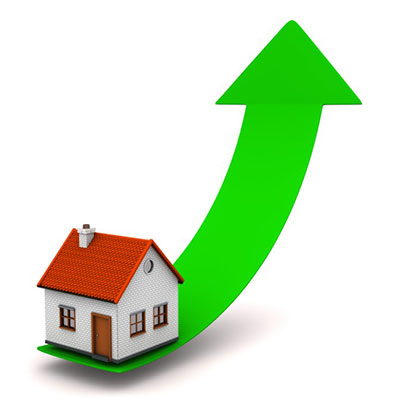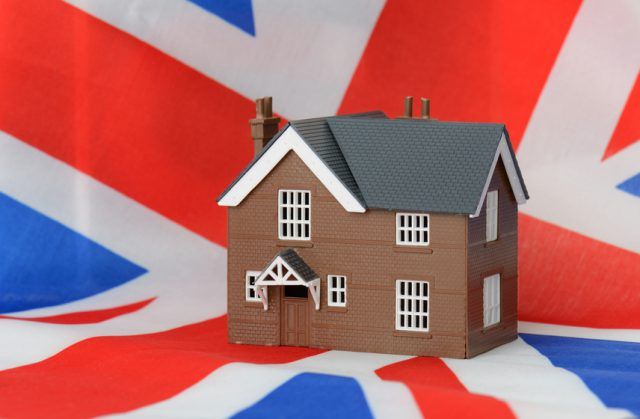Families top renting group in the UK
Families have risen to become the most common household type in the private rented sector in Britain for the first time.
Research from the National Landlords Association shows that more landlords now let to families with children, accounting for 48% of the sector. This is closely followed by young couples, who make up 47%.
Shifting household trends
The latest data indicates a shift in comparison to four years ago, when young singles accounted for 53% of the market, followed by young couples and families with children.
Now, the private rented sector makes up nearly five million households in the UK. According to the English Housing Survey, the proportion of families in the sector has risen from 30% in 2004/05 to 37% in 2014/15
Of those families surveyed, privately renting a property is a steady option. 76% reported that they were happy with the length of their tenancy. 79% said that their tenancy was either renewed or stayed constant at the end of their initial fixed term.
As a result, the perception of renting a property as a barrier to family life is being snuffed out. 77% of renting families said they considered their rental property to be their home. 65% said they had received the green light to personalise their property however they wish.

Families top renting group in the UK
Contrast
Richard Lambert, chief executive officer at the National Landlords Association, said, ‘there is a genuine contrast between the experience of renting in the 21st century shown in this research and the prevailing housing culture in Britain that only views it as stopgap, something to be tolerated while waiting for the opportunity to buy your own house.’[1]
‘There is a rogue element to private housing that ruins the experience for far too many people but for the majority of the 11 million private renters, renting offers an inclusive and flexible option which works for them in their current circumstances,’ he added.[1]
Concluding, Lambert said, ‘contrary to popular perception, there’s growing evidence that renting is no obstacle to putting down roots and calling somewhere home. The majority of landlords want good, stable, long term tenancies and these findings show that more and more are becoming receptive to helping families make a home in the private rented sector.’[1]
[1] http://www.propertywire.com/news/europe/uk-rental-homes-research-2016062112055.html








